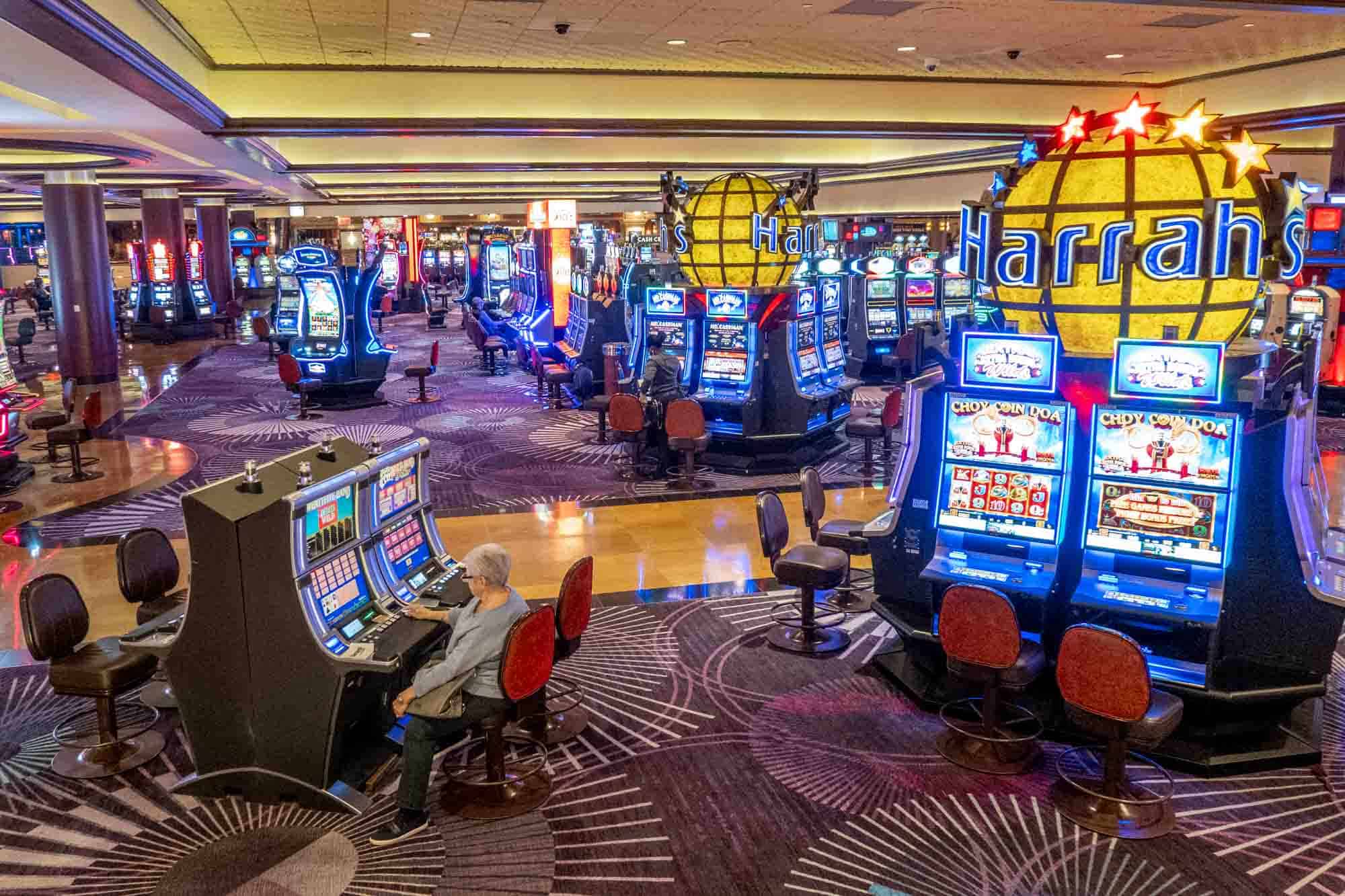
Casino games have long been a significant aspect of human culture, delivering not just entertainment but a captivating reflection of our dreams, dreams, and anxieties. From the turning reels of a slot machine to the skill-based strategies of poker, these games represent a range of human feelings and experiences. At their core, casino games are not just a chance to make profits; they are a snapshot of life itself, where danger and gain converge and luck can change in an eye blink.
As players gather around tables or sit in front of vibrantly illuminated machines, they participate in a ritual that transcends mere betting. These games echo our natural desires for relationships, excitement, and the search for fortune. They also reveal deeper truths about human behavior, such as our relationship with chance and the thrill of the unknown. In exploring casino games, we uncover not only the mechanics of play but also the intricate pattern of the human story, showcasing our interconnected narratives of hope and reality.
The Mind Behind Gambling
Wagering is deeply rooted in human psychology, appealing to various feelings and wants. The thrill of taking risks is a fundamental aspect that attracts participants, be it the thrill of spinning a roulette or the excitement of drawing a winning hand in a poker game. This rush of adrenaline is often compared to other forms of thrill, as the unpredictability of outcomes triggers a distinct psychological response. Players often become entranced by the possibility of striking it rich, leading to an irresistible draw toward casino games. https://69vn.travel/
Another, a crucial component of the psychology behind gambling is the concept of hope and ambition. Participants often nourish dreams of financial freedom and the luxurious lifestyle that can accompany winning. This optimism fuels their continued participation in casino games, as it provides a sense of purpose and the conviction that a transformative win could be just one bet away. The narrative of beating the odds and achieving success resonates with many, reinforcing their commitment to play and involve themselves with these games.
Lastly, social aspects play a significant role in gambling psychology. design company Casino environments are designed to foster social interaction, where players gather to share the journey of wins and losses. This shared aspect not only enhances enjoyment but also influences behavior, as individuals often mimic the actions of others in their vicinity. The collective approval found in mutual thrill can magnify the emotional experience, making casino games a mirror of not just personal desires but also shared involvement within the gambling community.
### Risk and Reward: A Double-Edged Sword
Gambling activities embody the delicate balance between risk and gain that resonates deeply with human nature. The rush of placing a bet is often accompanied by a rush of adrenaline, as participants are confronted with the possibility of a huge payout, yet cognizant of the potential to suffer losses. This bipartisan experience reflects a essential aspect of life: the choices we make often come with inherent risks, and the chase for gain can push us to embrace risks we might not typically consider. In this way, gambling activities mirror real-world choices, enticing gamblers to gamble not just their money, but also their hopes.
The allure of big prizes and winnings fuels a feeling of positivity, motivating players to dream of a brighter future that could manifest from a lucky spin of the wheel or dealing of a hand. This positive outlook can drive individuals to engage in greater risks, encouraging them to extend their limits in search of economic benefit. However, just as in life, the consequences of these risks can lead to both victory and despair. The stories of both jackpot winners and those who have lost everything at the casino demonstrate the chaotic nature of luck and its consequential effect on our futures.
Ultimately, the interaction of engaging with gambling activities serves as a vivid illustration of the nature of humanity. Every session played is loaded with the tension of uncertainty, as players weigh the gains against the dangers. This balance not only highlights the thrill that comes with betting but also exposes the weaknesses that come with the longing for more. As we explore the complexities of choice and consequence in both the casino and in life, we find that the pursuit of risk and reward shapes our sense of self and experiences in deep ways.
Community and Solitude in Casino Environment
Casino culture is a special blend of communal interaction and personal endeavor, reflecting the contrasts of human experience. Players often gather around tables, sharing in the thrill of the game, rejoicing in wins, and sympathizing over losses. This social aspect is essential, as it establishes a sense of community and bonding among varied groups of people. Regular visitors to casinos may form friendships and develop routines, turning the gambling venue into a second home where they feel linked to a greater community of gamblers.
However, the allure of casino games can also result to isolation. As individuals become immersed in the thrill of playing, they may isolate from personal relationships or fail to interact with the environment outside the casino. For some, the pursuit of a windfall can distract from genuine connections, leading to isolation. The experience of being among people yet experiencing solitary is not rare, as the attention shifts from collective fun to the individual concerns of each player’s path.
This interaction of community and solitude creates a rich tapestry that defines casino atmosphere. It highlights the complexity of human interactions, where happiness and despair exist together. Gambling venues serve as both a sanctuary for social interaction and a stage for individual challenges, illustrating how intimately connected our yearning for connection and the personal quest for wealth can be. In navigating this landscape, players confront their own narratives—seeking both the thrill of the wager and the companionship of fellow players, ultimately mirroring the broader spectrum of human experience.
